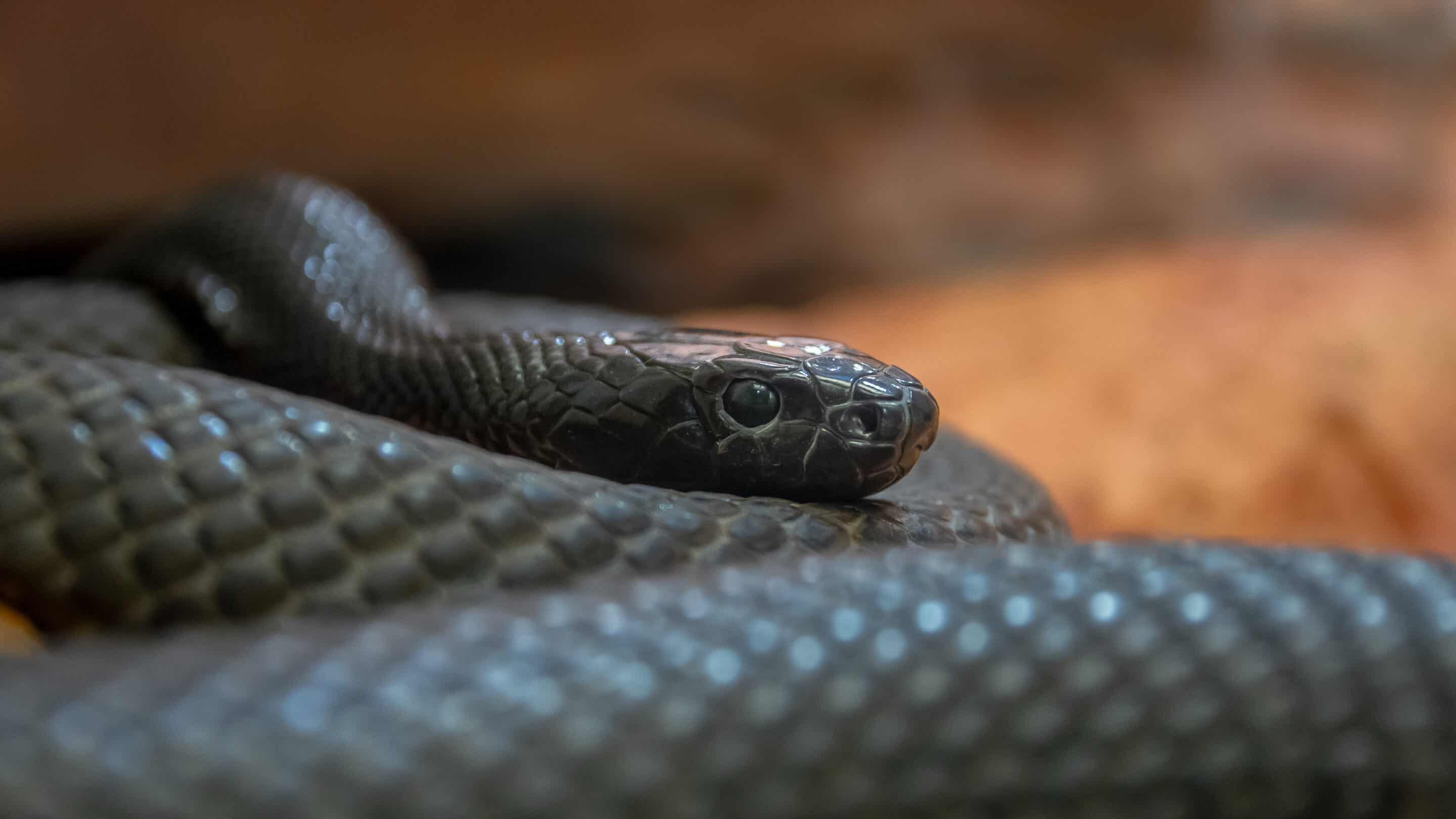Introduction
When it comes to venomous serpents, Australia is home to a few of the most remarkable and unsafe types in the world. Amongst these, the Tiger Snake sticks out not only for its potent venom however additionally for its interesting behavior. Understanding the behavior of poisonous serpents like the Tiger Snake is important for both wildlife lovers and those living in areas where these snakes exist. This write-up delves into different elements of Tiger Serpent actions, habitat, identification, precaution, and emergency treatment techniques in case of a snake bite.

Understanding the Habits of Venomous Snakes Like the Tiger Snake
The Tiger Snake, clinically called Notechis scutatus, is infamous for its hostile nature when intimidated. These serpents show a range of actions that can be rather different from their non-venomous counterparts.
Characteristics of Tiger Snakes
The Tiger Snake is conveniently recognizable because of its unique bands or red stripes that appear like a tiger's markings. They can vary in shade from yellowish-brown to dark olive or black. This coloration offers not only as camouflage but also as a warning signal to prospective predators.
Adaptability to Environment
One exceptional facet of their habits is their adaptability to numerous environments. Found mainly in coastal regions, marshes, and wetlands across Australia and Tasmania, they can grow in varied habitats including urban areas.
Hunting Techniques
Tiger Snakes are ambush killers mainly eating fish, frogs, and little creatures. They have eager eyesight and an intense sense of smell which aids them in finding target effectively.
Venom Composition
Their poison contains neurotoxins that affect the nerves, leading to paralysis or death in smaller pets. For human beings, immediate clinical interest is crucial after a tiger serpent bite due to its possibly lethal effects.
Natural Environment of Tiger Snakes
Preferred Locations
Understanding where these snakes stay clarify their behavior patterns. The tiger snake habitat consists of:
- Coastal regions Swamps Grasslands Urban locations with plentiful water sources
Seasonal Movements
During warmer months, Tiger Snakes are a lot more active as they bask in sunlight or quest for food. On the other hand, colder months see them pulling away right into hibernation sites.
Are Tiger Snakes Venomous?
Yes! The inquiry "are tiger snakes poisonous?" typically arises amongst those not familiar with this species. Their venom is considered one of the most dangerous amongst all snake types worldwide.
Symptoms of a Tiger Snake Bite
If bitten by a tiger serpent, symptoms may include:
- Localized pain Swelling at the bite site Nausea and vomiting Sweating and confusion
Immediate clinical assistance is crucial as unattended attacks can cause severe wellness problems and even death.
First Help for Serpent Bites: Quick Action Guide
Knowing just how to administer first aid for a serpent bite can save someone's life. Here's what you must do:

Step 1: Remain Calm
Keeping tranquility assists reduce heart rate which reduces venom spread.
Step 2: Debilitate the Affected Area
Keep the affected arm or leg still and listed below heart level if possible.
Step 3: Call Emergency Situation Services
Always seek expert clinical help promptly after a serpent bite.
First Help for Serpent Bite Kit Essentials
A well-equipped snake bite first aid kit must include:
- A compression bandage Antiseptic wipes A pair of scissors An ice bag
Safety Preventative measures: Stopping Snake Bites in Australia
Awareness Programs
Educating areas regarding local serpent varieties and their behaviors can substantially reduce experiences causing bites.
Avoiding Dangerous Areas
Staying away from lengthy lawn during warmer months minimizes contact with serpents that could be resting or hunting.
Common Misunderstandings Regarding Tiger Snakes
Many people believe misconceptions regarding the habits of tiger snakes cause unnecessary concern. Right here are some information:
Myth 1: All Tigers Are Aggressive
Not all tiger snakes will certainly show aggression if left uninterrupted; numerous prefer leaving instead of confrontation.
Myth 2: They Chase Humans
Tiger serpents do not actively chase after human beings; they may strike when they really feel threatened however will generally pull away if provided space.
are yellow-faced whip snakes venomousConservation Initiatives Connected to Poisonous Snakes
Conservation initiatives concentrate on enlightening communities concerning securing local wildlife while lessening human-snake interactions.

Importance of Ecosystems
Understanding that venomous snakes play an important function in maintaining ecological balance aids foster gratitude rather than fear in the direction of them.
FAQs Concerning Tiger Snakes
What must I do if I come across a tiger snake?- Maintain range and gradually pull back without abrupt movements.
- While bites aren't exceptionally usual because of recognition initiatives, they still happen annually within Australia.
- Baby tiger serpents can deliver complete doses of poison regardless of being smaller; for this reason care is advised around them.
- They primarily consume frogs, fish, tiny creatures like rodents, and various other reptiles.
- It's unlawful in most territories without appropriate licensing due to security worries regarding their venom.
- Wear durable boots and remain on marked routes; look prior to positioning hands or feet into hidden rooms like rocks or logs.
Conclusion
Understanding the actions of venomous serpents like the Tiger Serpent not just enhances our expertise but likewise promotes safety understanding amongst those living near their environments. From recognizing their characteristics, recognizing emergency treatment methods following a bite, with involving preservation initiatives-- every element plays a crucial function in cultivating coexistence with these interesting reptiles while valuing their area within our ecosystem.
As we deepen our snake bite first aid kit bunnings understanding through education and experience, we add favorably towards making certain both human safety and wild animals conservation-- profiting all celebrations involved!